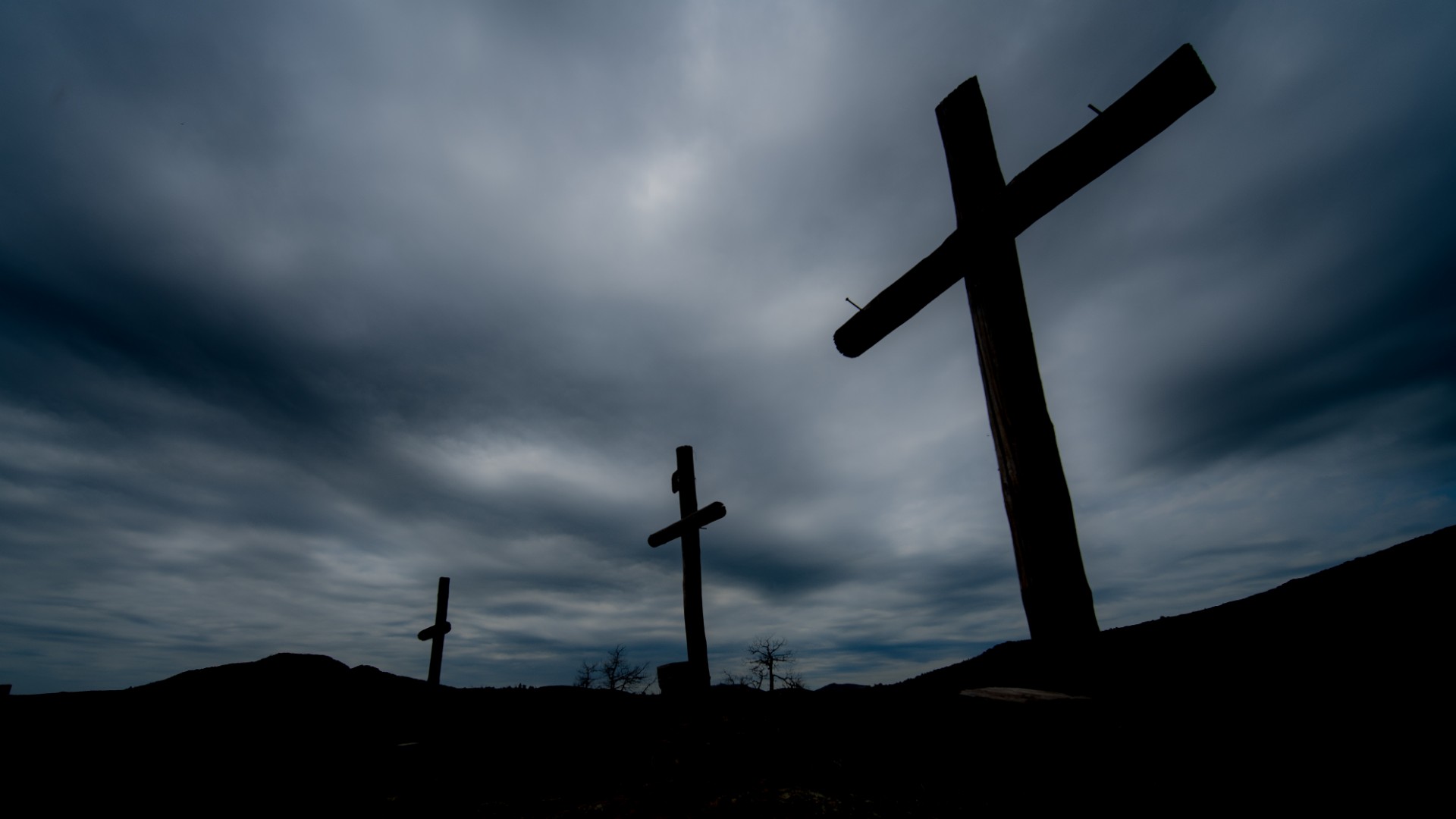In an age of political correctness, Christianity is a prime offender. It’s not only Scripture’s sexual ethics that get canceled. Even bedrock creeds like Christ’s crucifixion are on the chopping block. Many professing Christians are uncomfortable with God killing his Son as the penalty for our crimes. They see this as child sacrifice. From their perspective, it’s impossible for such a doctrine to be consistent with God’s character when it’s so clear that God abhors the killing of innocent children.
Part of the temptation to shy away from historic Christian teaching stems from a disturbing new trend of “deconstructing” faith. What practitioners claim they’re doing is jettisoning Christian doctrines that have been tainted by time and tradition and therefore shouldn’t be believed today. In other words, they believe they are merely reforming their faith, a process, they would say, Martin Luther practiced with the Reformation or Jesus practiced with the Pharisees.
In reality, “deconstruction” is a broad term that is difficult to nail down. You’ll get different definitions depending on who you talk to. In my observation, it is the process of pulling apart aspects of the Christian faith that are undesirable and aligning one’s doctrines with culture or one’s own personal beliefs. By contrast, the biblical (and healthier) approach is to correct mistaken theology by conforming it to what Scripture teaches. The key difference between the two approaches is the standard used to determine theology: it’s either Scripture or it’s something else (e.g., society and self).
Given that the historic understanding of the atonement has fallen out of favor with some deconstructionists, let’s consider three reasons why characterizing it as child sacrifice is inappropriate.
First, Christ was not a child. In ancient Israel, children were sacrificed to cult deities like Molech. Those sacrificed, however, were babies or infants. Although Jesus is given the title of Son of God, he was not a small child. Scripture tells us he was an adult, crucified while in his early 30s. Child sacrifice is an incorrect description because of the mere fact that Christ was not a child. Furthermore, referring to Jesus as a child connotes the idea that he was a helpless baby tossed by the diabolical whims of his parents, which hints at another problem with referring to the crucifixion as child sacrifice.
Second, Christ’s sacrifice was not involuntary. Children did not consent to being sacrificed to Molech. Their death was forced upon them, and had they been knowledgeable of their fate, they would almost certainly have refused to die.
By contrast, Jesus was not a helpless victim thrown into the fiery hands of Molech against his will. He willingly went to the cross because he had full knowledge of his identity, his mission, and the importance of his work. Jesus said, “I am the good shepherd; the good shepherd lays down His life for the sheep” (John 10:11), and again, “I lay down My life so that I may take it again” (John 10:17). Indeed, Jesus clarifies who is in charge of his destiny: “No one has taken [my life] away from Me, but I lay it down on My own initiative” (John 10:18). Notice that Jesus makes it clear that he is in control. In fact, he admonishes Peter for trying to stop his arrest and subsequent crucifixion, which was the mission he was intending to fulfill: “Or do you think that I cannot appeal to My Father, and He will at once put at My disposal more than twelve legions of angels?” (Matt. 26:53). Jesus reminds Peter that he is still in full control and has the disposal of the heavenly armies at his will. Despite his access to divine and heavenly powers, Jesus willingly pursued his mission to get arrested, crucified, and rise again because he knew this was the preconceived plan of the Godhead.
Third, God condemns child sacrifice. When God gave the Law to Israel, he specifically forbade child sacrifice: “Any man from the sons of Israel or from the aliens sojourning in Israel who gives any of his offspring to Molech, shall surely be put to death” (Lev. 20:2). Notice three things about this passage. One, not only were the Israelites prohibited from sacrificing their children to Molech, but even “aliens sojourning in Israel” were banned from the practice. Two, the sin of child sacrifice was a capital crime, demanding death as the penalty. Three, the next few verses (Lev. 20:4–5) explain how a failure to execute a person who sacrifices their child would cause God to personally take action and punish everyone involved.
It's clear that God takes the sin of child sacrifice seriously. That’s why it doesn’t make sense to believe his pivotal act to save humanity was accomplished through the very practice he condemned. To be sure, Christ’s atoning work on the cross was an act of sacrifice, but it’s disingenuous to characterize it as child sacrifice. Christ went willingly to the cross—out of his love for us—to become a ransom for the lost.

